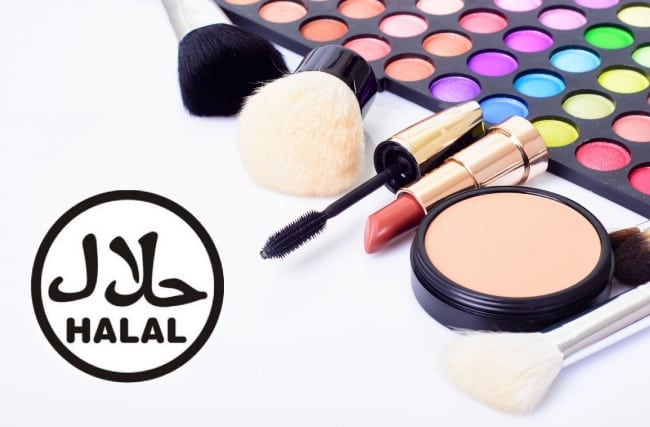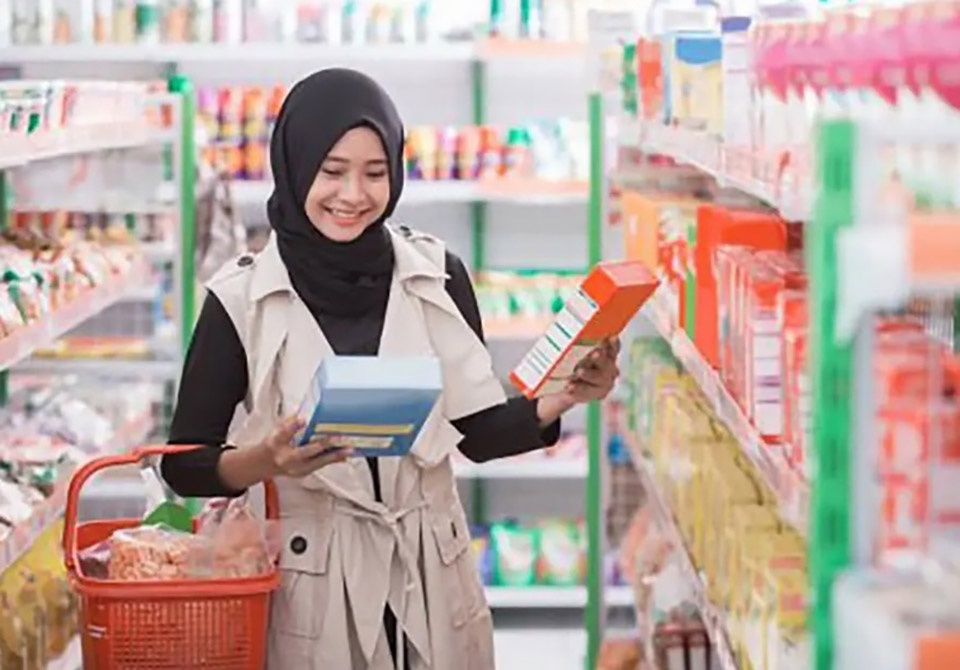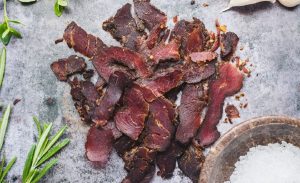By Sohn Ji-young – The Korea Herald
From China to the US, South Korean cosmetics firms have been making inroads into the global market by diversifying their product lines and brand image to satisfy customers with different skin conditions, culture and style.
Despite their rapid growth overseas, they may be missing a big opportunity to take a lead in the Islamic countries — seen as markets with great potential and demand for beauty products, industry insiders said.
The reason behind Korean companies’ passive attitude has a lot to do with strict halal standards on cosmetic products. They are fully aware of the importance of the market, but are reluctant to make efforts for halal certification due to massive costs in changing the manufacturing and marketing process.
 |
|
Halal — which means “permissible” under Islamic law in Arabic — was mostly applied to foods that comply with Islamic dietary standards. But now, the concept is being applied to other categories like cosmetics, as more Muslims are interested in using Sharia-compliant daily goods.
Though the standards slightly differ by case, halal cosmetics must not contain alcohol, blood and any parts or substances of forbidden animals like pigs, and must be produced under processes that meet Islamic standards.
Despite the inevitable costs and difficulties involved in making halal cosmetics, the segment presents hard-to-miss opportunities.
“The State of the Global Islamic Economy 2015” report by Thomson Reuters says global Muslim spending on cosmetics is expected to grow from $46 billion in 2013 to $73 billion by 2019 to take up over 8.2 percent of global expenditure.
Of this, the halal segment will take up a significant portion. According to Technavio, the global halal cosmetics market was valued at $23.4 billion in 2015 and is expected grow at a compound annual growth rate of 14.5 percent to reach $45 billion by 2020.
Korea’s cosmetics sector — among the country’s strongest industries — is slowly taking note of the emerging opportunities, albeit with scarce interest from the big players in the field.
The Korea Muslim Federation, the only local body that grants halal certification here, told The Korea Herald that it has so far approved only one cosmetics product — a facial sheet mask made by local brand Dr. Maris, a small local cosmetics brand.
As for international certifications, a small company named Talent Cosmetic set a milestone in 2014 by becoming the first homegrown cosmetics maker to obtain halal certification for 141 of its products from Malaysia’s state-led halal certification agency JAKIM. The firm said it is currently working to get more products certified.
Last month, the manufacturing facilities of the Indonesian branch of Korean cosmetics manufacturer Cosmax secured halal certification from Indonesia-based MUI.
Besides the two, no other major Korean cosmetics firms are interested in getting their products halal-certified.
Experts say that the low interest of Korean firms will create immense competitive gaps in Muslim markets in the years ahead.
“There is already a high demand and preference for Korean cosmetics in Southeast Asia and the Middle East, which sets Korea apart from its global competitors,” president of the Korea Institute of Halal Industry Jang Geon told The Korea Herald.
The key to further ramping up its competitiveness in such region is pursuing halal certification for its products, Jang said. “There is a significant competitive difference in selling a product with a halal logo and one without one in Muslim countries,”
Though halal standards are currently not a requirement for foreign cosmetics sold in predominantly Muslim countries, halal certification will become a prerequisite to a brand’s success in such countries, he said.
Indonesia and Malaysia, major Muslim markets in the world, are already making regulatory shifts in this direction, as well as those in the Middle East including the United Arab Emirates, Turkey, Saudi Arabia and Iran.
“This is why Korean cosmetics firms must quickly work to get halal certification to gain a competitive edge over competitors in Muslim markets,” he said.
Korea’s top cosmetic companies currently lack firm plans in this direction. No big-name brands have yet to secure halal certification for any of their products.
“We are in the process of investigating halal cosmetics, including the possibility of certification and new product development, but no concrete plans have been set as of now,” AmorePacific spokesperson Lee Kyung-min told The Korea Herald.
AmorePacific, which owns brands such as Sulwhasoo, Iope and Innisfree, currently sells its products in Southeast Asia, including Indonesia and Malaysia. The sales in the region, however, make up only a minor part of its exports.
It is also scheduled to enter the Middle East within this year, with Dubai as a strong entry market location and plans for continued expansion in the region.
LG Household & Health Care, which owns The Face Shop brand, spokesperson Kim Min-jung said that it is “not actively looking into halal certification for its cosmetics right now,” as it views halal as being more focused on food products.
The Face Shop operates outlets in the Middle East including in Saudi Arabia, Jordan, Oman and Armenia, as well as in parts of Southeast Asia including Vietnam, Taiwan and Singapore.
Able C&C, operator of cosmetics brand Missha, spokesperson Kim Hong-tae said it “is reviewing the option of halal certification, but no plans have been set yet.”
Missha operates 40 outlets in Indonesia, one in Malaysia, and two outlets in Turkey, all countries with predominantly Muslim populations.



